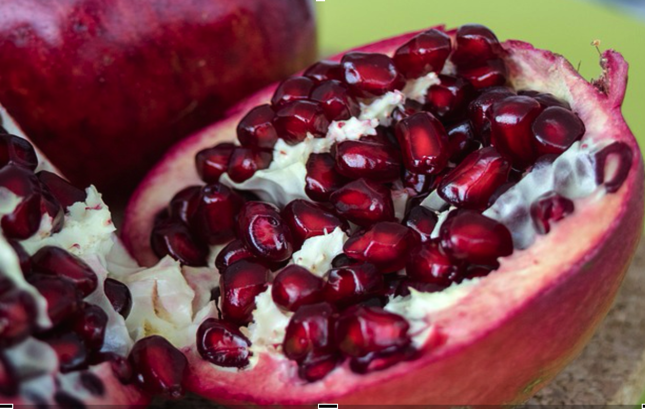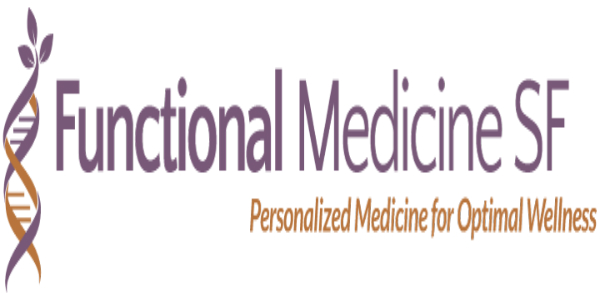
Take a Closer Look at PCOS
Facial hair, acne, weight gain, irregular periods and trouble conceiving are just some of the symptoms associated with PCOS, or polycystic ovary syndrome. If this sounds like you, you’re not alone. PCOS affects about one in 10 women of childbearing age, and, contrary to what the name implies, you don’t have to have ovarian cysts to be diagnosed.
PCOS is a hormonal imbalance usually driven by insulin resistance. When blood sugar (glucose) rises, the body releases insulin to allow the glucose to enter the cells, fueling the body and restoring normal blood glucose concentrations. But with chronic high blood sugar, the cells can become resistance to insulin, requiring more and more insulin to get the same response. This high insulin level drives up the production of androgens, which are male sex hormones like testosterone.
While women naturally produce androgens, it’s normally at much lower levels than men. In PCOS, the relatively higher androgen levels lead to symptoms like excess body or facial hair (hirsuitism), dark patches of skin (acanthosis nigricans), cystic acne, weight gain and ovarian cysts. The hormonal imbalance can also throw off the ratio of luteinizing to follicle-stimulating hormones (LH:FSH), causing lack of ovulation and infertility.
While medical opinions vary on what constitutes a true diagnosis, it usually requires at least one of the following:
- high androgens, based on symptoms and lab testing
- lack of ovulation, leading to no or irregular periods and infertility
- cysts on the ovaries
PCOS does not just affect women of child-bearing age; it is also an inflammatory condition with long-term health implications. PCOS can lead to obesity, type 2 diabetes, heart disease, mood disorders like depression and anxiety, and hormone-related cancers (such as breast, ovarian and endometrial).
The good news is that, for most people, diet is the most effective way to control the condition. The key to preventing insulin resistance is to follow a low glycemic diet—that is, one that keeps blood sugar stable. Studies show that those who follow diets low in processed food and rich in protein, healthy fats, and complex carbs like vegetables, legumes and whole grains, are better able to regulate insulin levels and menstrual cycles and have a higher chance of conceiving.
Because PCOS is a complex condition that can involve inflammation and nutrient deficiencies, a functional medicine practitioner can help address underlying causes through diagnostic testing. Fortunately, with early intervention and a customized treatment plan that includes diet, lifestyle, supplements, and medication when needed, PCOS is a fully manageable condition.
Jessica Marcus is a registered dietitian nutritionist and certified health coach with a master’s in dietetics and over 10 years of experience working in clinical, academic and food industry nutrition. She enjoys researching and sharing the ways food and the principles of functional medicine can help us discover the best version of ourselves. We’re looking forward to more blog posts from Jessica!
Resources:
- US Dept of Health and Human Services. WomensHealth.gov. https://www.womenshealth.gov/a-z-topics/polycystic-ovary-syndrome
- Marsh KA, Steinbeck KS, Atkinson FS, Petocz P, Brand-Miller JC. Effect of a low glycemic index compared with a conventional healthy diet on polycystic ovary syndrome. Am J Clin Nutr. 2010 Jul;92(1):83-92. doi: 10.3945/ajcn.2010.29261. Epub 2010 May 19. https://www.ncbi.nlm.nih.gov/pubmed/20484445
- PCOS, Polycystic Ovary Syndrome. U.S. National Library of Medicine, PubMed Health, https://www.ncbi.nlm.nih.gov/pubmedhealth/PMHT0024506/
- Dr. Kara Fitzgerald
https://www.drkarafitzgerald.com/2016/12/03/pcos-cardiometabolic-continuum-case-report/


